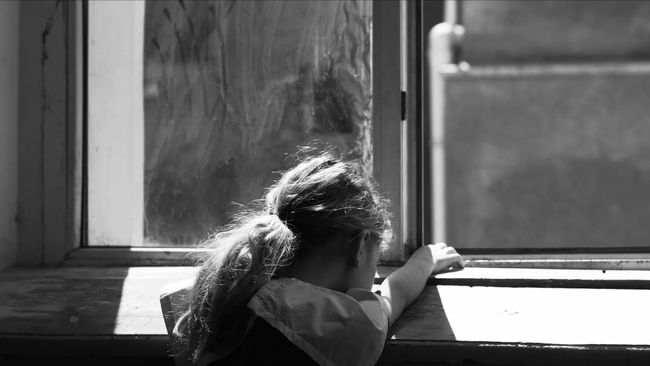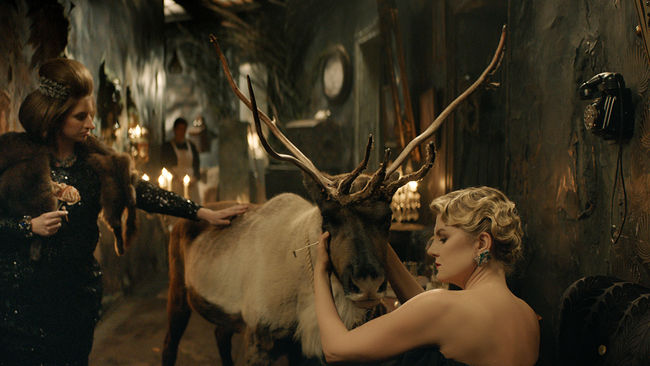Bipolar
27 January 2021
For each of the features in competition, IFFR asked a critic, writer, academic or programmer to write a short reflection in a personal capacity. The resulting series of ‘Appreciations’ aims to encourage viewers − and filmmakers − at a time when there is no physical festival. Ren Scateni shines a light on Bipolar.
Growing up, I was conditioned by literature and mainstream media alike to think that a road trip was a man’s bliss. The urge to temporarily cut ties and hit the road in the pursuit of self-discovery was, in my mind, a luxury conceded only to the unafraid of the world. To a male entity unburdened by prejudice and conventions. Eventually reading Jack Kerouac’s On The Road at the age of 22 did nothing much but exacerbate the rift; so I remained uninterested. Until I was shown a new pathway.
In Queena Li’s eclectic directorial debut Bipolar, the terrene wanderings of an accidental nomad meet with abrupt plunges into its protagonist’s memories and subconscious. Even if taken at face value, the road trip of this young woman (who remains unnamed throughout the whole film) is a meticulous exercise in storytelling. Bizarre encounters, cryptic flashbacks, hazy − or, just sorrowfully drunken − dreams are the harrowing and yet entertaining steps towards reconcilement. Only a few details are given about the film’s main character: she’s a singer, she’s on the run, she reaches Lhasa on her birthday. And yet, despite the minimal character profile, we need the film’s whole running time to grasp the complexity of her interior struggle. And perhaps that still isn’t enough.
Although not overly visible, Bipolar offers an underlying investigation of gender expression − and, possibly, identity − a reading that is strengthened by the casting of singer and actor Leah Dou in the main role. In the film, as much as in her real life, she exudes gender non-conforming vibes, while the protagonist’s identity issues are hinted at in different moments, from a quirky hallucinatory trip inside a TV commercial to a fragmented mirror that seems to lead her towards acceptance of her emotional status. Such a reading is exciting but it could also potentially be problematic, especially if the film’s nuanced psychological burden is not handled with care.
Vignette after vignette, there’s also the constant reminder that life is, ultimately, a performance. A Fellini-esque drive to blur dreams and reality, and drown our asphyxiating mal de vivre in communal acts of caring − like freeing a caged elephant into the night, or sharing earphones with a stranger and singing aloud while driving. Each new character’s apparition chips away at the woman’s already fragile mask, turning her impromptu, failed spiritual pilgrimage to Lhasa into a healing journey lulled by the distant and calming surface of the sea.
Ren Scateni is a writer, curator, and programmer whose work mainly focuses on the cinema of East Asian countries and one of the Young film critics at IFFR 2021
Appreciations
‘Appreciations’ aims to encourage viewers − and filmmakers − at a time when there is no physical festival. Discover more short reflections on the features in competition.



